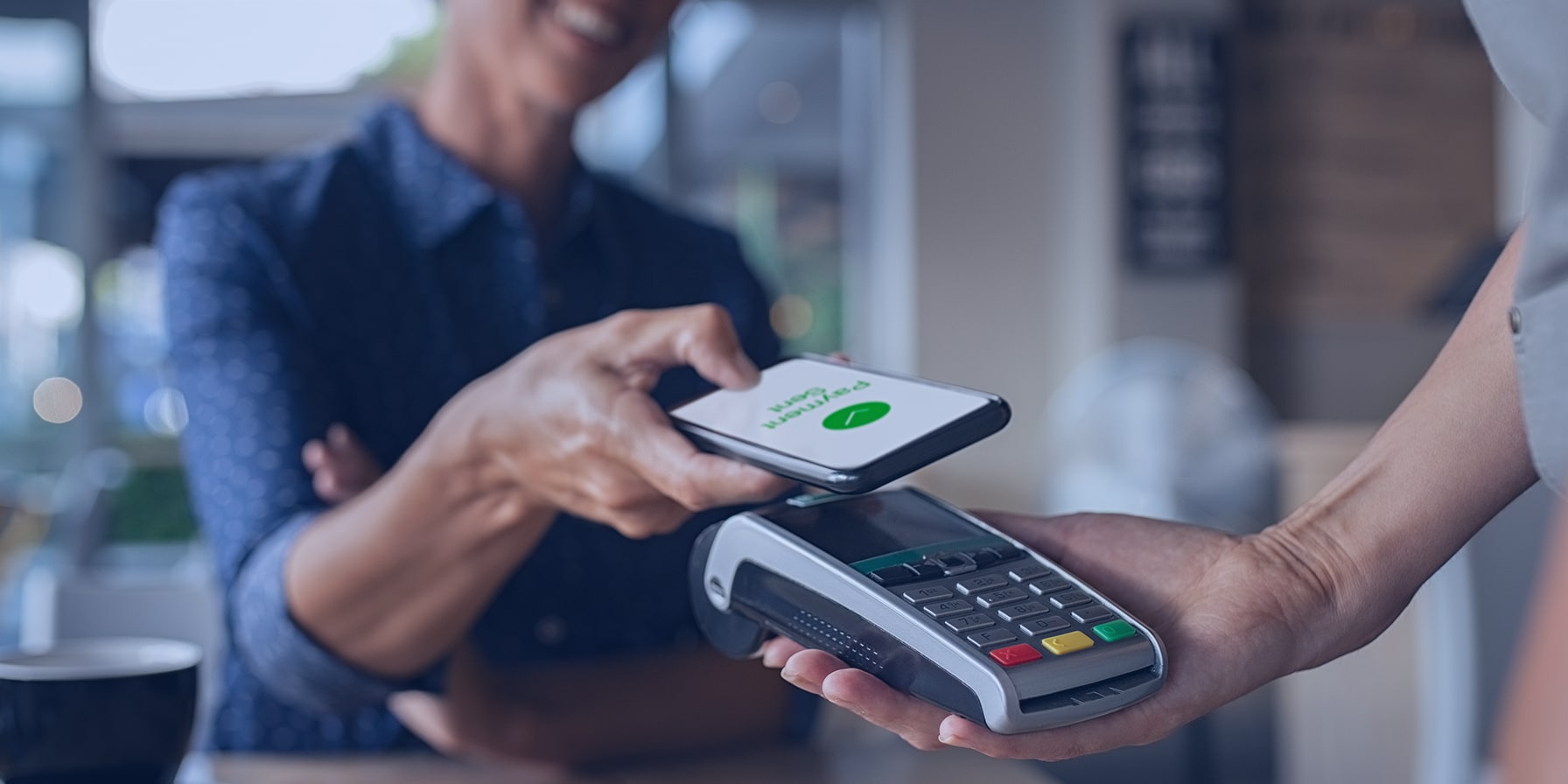Consumers are more digitally connected than ever and are thus more aware of the payment options available to them — and with over 320 million cryptocurrency users, integrating crypto payment processing services can be a lucrative opportunity for businesses.
However, adopting digital payment systems may seem complicated for some merchants. On top of the cost and time investment to set up the proper secure checkout process, there are also privacy concerns, fraud detection challenges, chargebacks, and surcharges to consider. But luckily for businesses and merchants, CoinPayments makes crypto payments, easy and affordable.

Before diving into cryptocurrency as a payment option, it’s important to consider the following factors: government regulation and guidelines, technical expertise, infrastructure costs, customer acceptance, and security concerns.
CoinPayments has outlined some key insights and considerations below to help eCommerce merchants navigate this uncharted landscape.
Cost, Requirements, and Risks of Accepting Crypto Payments
For many businesses, accepting payments in cryptocurrency was time-consuming and labor-intensive. However, as more online merchant services emerged, concerns shifted to how companies would adapt to use crypto payments.
When deciding whether to accept cryptocurrency payments, some key factors need deliberation.
One of them is determining the actual cost of accepting crypto payments.
Credit card processors such as Visa or Mastercard can cost merchants up to 3.5% of fees. Compare this to cryptocurrency transactions, which usually have an average charge of less than 1% (CoinPayments charges go as low as 0.5%).
Finally, keeping in mind any requirements specific to one’s business is crucial. For instance, know-your-business (KYB) regulations or know-your-customer (KYC) standards must be adhered to before receiving payments.
Defining an Appropriate Audience
Today’s consumers expect seamless shopping experiences across multiple channels and want to pay for goods and services in the way that best suits their needs. In response, more businesses are incorporating digital payment solutions to remain competitive in an ever-changing market.
Even so, before accepting cryptocurrency as a payment option, conducting an audience analysis is essential to prevent consumer alienation. Does the audience consist of seasoned crypto investors? New adopters? Do they have a particular interest in the payment method you’re offering? These are a few of the questions to consider.

Are they seasoned crypto investors? New adopters? Do they have a particular interest in the payment method you’re offering? If not, it’s best to steer clear to deter the alienation of potential customers.
Doing so reduces the friction experienced by both customers and vendors while giving the business an edge over competitors who may not be offering crypto payments as an option.
Is Single or Multiple Cryptocurrencies Acceptance Better?
Despite the rise of single-coin payments, they are still regarded as a niche payment method due to their high processing fees.
With the proliferation of other Stablecoins such as USDT, USDC and BUSD— multiple cryptocurrency payments are becoming more feasible for eCommerce merchants.
And with crypto payment gateways such as CoinPayments supporting thousands of coins in one wallet and offering multi-coin payments, it’s easier to diversify revenue streams and reduce reliance on one cryptocurrency.

As a Gateway to Fiat Currency
In addition to providing an alternative to traditional credit or debit cards — which depend on third-party verification — accepting crypto payments is a welcome addition to the payment process, especially for merchants looking to reduce the risk of chargeback fraud against businesses and customers.
For these reasons, merchants may view crypto payments as a gateway to fiat currency and a more effective way to gain valuable insights into customer preferences and behavior by analyzing transaction data.
Here, a well-established merchant account provider serves as a guide through the process of safeguarding accounts and accepting global payments.
Why Crypto Payment Gateways are Key
Fragmentation is a common problem in the early stages of any new technology, especially for one as disruptive as Blockchain.
As a result, many industries are stuck in “Phase Zero” – — a period where companies are just starting to understand how to integrate new technologies into their business models effectively.
For consumers to adopt cryptocurrencies as a means of payment, businesses need to find a way to lean into what makes crypto unique in the first place, such as offering crypto payments as a privacy service.
Beyond early adopters, the mainstream public will not tolerate less than seamless transactional processes—which is why choosing suitable crypto payment gateways are crucial for eCommerce merchants.



